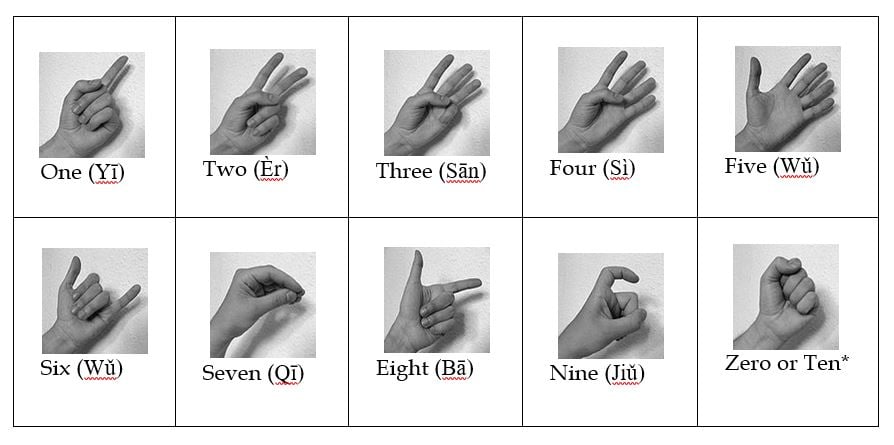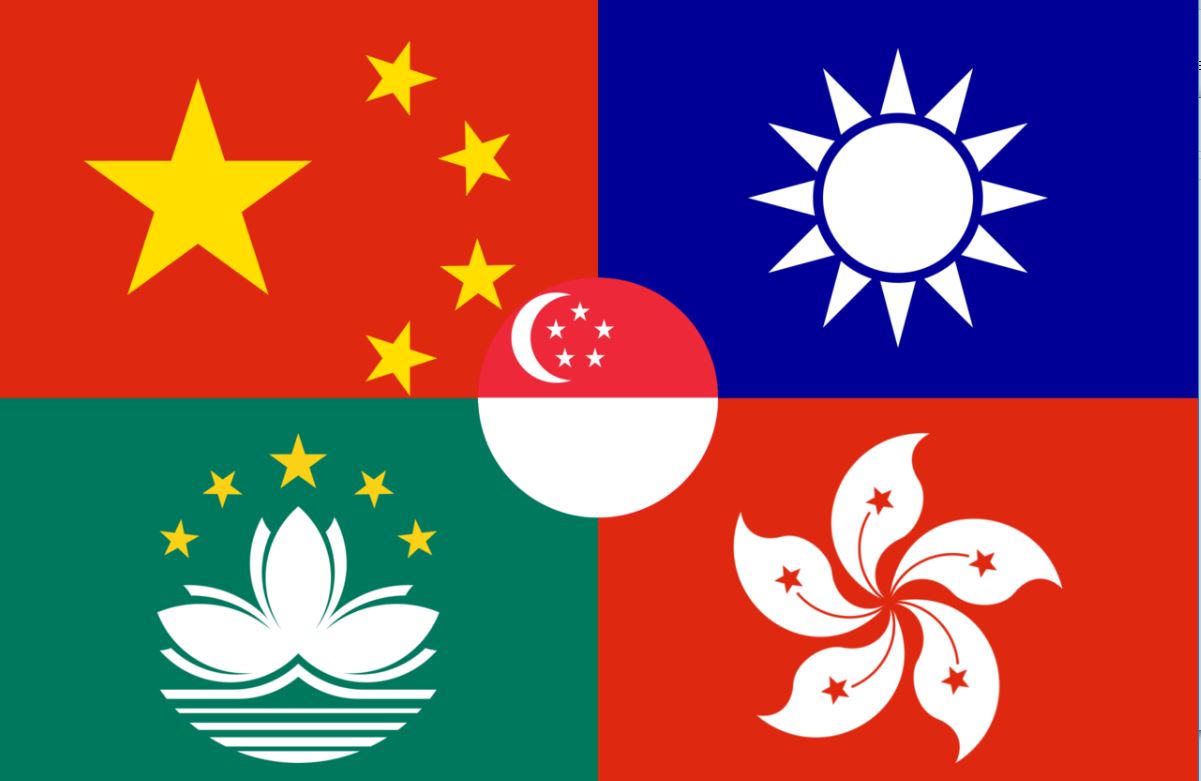The 10 Sacred Words and Phrases Every Visitor to a Mandarin-Speaking Country Should Know
Whether you’re planning a short trip or a permanent move to a Mandarin-speaking country, you would be doing yourself (and ostensibly, others) a tremendous disservice by not familiarizing yourself with the basics of the language. In other words, it’s in your best interest to have – at the bare minimum – a handful of utilitarian words and phrases in your spoken vocabulary. Long-term expats will need considerably more than that to survive.
Photo via Black Sunshine Media
Now, before we get into what I consider the Ten Sacred Words and Phrases of Mandarin, I’d like to first offer a bit of unsolicited advice. Though it may seem counter-intuitive, when traveling or living in a Mandarin-speaking country, do not speak Mandarin when English is available. There are a couple of legitimate reasons for this, but take the good karma by engaging the speaker, who probably spent 12 years in a cram school, learning English. Moreover, with English in play, you’re far more likely to have your immediate needs met.
Meanwhile, every foreign language phrasebook I’ve ever seen has a little cheat sheet on the inside cover listing the most essential, bare-boned words and phrases of the language in question. The majority of the following phrases are likely to be found therein. Even if you’re armed with a smartphone and a Mandarin translation app, I highly recommend having a hard copy of a phrasebook. If nothing else, when you get bored – and you will, eventually – you’ll have something to read.
Additionally, I’ve taken the liberty of removing Nǐ hǎo (Hello) and Xièxiè (Thank you) from the list. It may be an illegitimate assumption, but just about everybody on the planet should be familiar with those two phrases by now. My five-year-old son speaks fluent Nǐ hǎo and Xièxiè. Furthermore, it should stand as common sense for any traveler abroad to know the Hello and Thank You of the local tongue. If you don’t, you probably don’t have any business traveling abroad.
Now, let’s get down to business.
1. I want, I would like = Wǒ xiǎng yào
No other phrase is going to do more for you than this one. Being able to state explicitly what you want is crucial in every walk of life. Now, of course you’re gonna need to follow this up with something. Fortunately, that’s where your hands come into play – point at whatever you want, obviously. Or learn how to say, “Yī zhāng piào qù Fulong” (One ticket to Fulong). Please note: it’s perfectly acceptable to say simply, “Wǒ yào…” (I want) as opposed to “Wǒ xiǎng yào (I would like); the latter being more polite but unnecessary.
2. Numbers 1-10
The Chinese in their infinite wisdom developed a one-handed signal system for numbers. In the West, if you want to say “ten”, you better know how to say “ten.” Either that or you hold up both your paws and wiggle your nubs. In Mandarin-themed countries, all you need is one hand with five fingers. If you can master this simple set of hand signals, it will wipe out a week’s’ worth of remembering how to say “seven” (qi).

Photo via Black Sunshine Media
* The hand signal for Zero (Líng) and Ten (Shí) are an identical closed fist.
3. I’m sorry = Duìbùqǐ
Does this one really need an explanation?
4. How much? = Duōshǎo?
You’re going to be buying stuff. Don’t worry if you don’t understand their initial reply. In 99% of situations, the vendor will have a calculator or some other method of communicating the price. I’ve said it before and I’ll say it again: Nothing gets in the way of business in a Mandarin-speaking country, least of all your lack of Mandarin.
5. Do you speak English? = Nǐ huì shuō yīngyǔ ma?
In many cases, you won’t have to ask, but many people are reticent to bust out their rusty skills, so more often than not, they will reply, “Yīdiǎn diǎn” (A little bit), which is another phrase you should get familiar with.
6. I don’t understand = Wǒ bù míngbái
Nearly ten years into my Mandarin journey and I’m still saying this on a daily basis.
7. Stop here = Tíng zài zhèlǐ
Once you’ve mastered these basics, you can move on to Taxicab Mandarin, wherein you can recite a proper destination to the driver, for example, “Wǒ xiǎng qù ānhé jiē hépíng lù jiāohuì chù” (I want to go to the intersection of Anhe Street and Heping Road). In the meantime, no matter where you’re going, always always always have your destination written or printed out in Mandarin. Take every business card of every establishment you visit. And of course, there’s Google Maps. But you absolutely must know how to say “Stop here”.
8. I am [your nationality] = Wǒ shì měiguó rén
“Where are you from?” might be the most common question asked of a new arrival, and I didn’t include the Pinyin because it’s asked in a variety of ways. Listen for “Nǐ láizì nǎlǐ?” with an emphasis on the “nǎlǐ” (where) part. Whenever I meet new people, I’m always on the look-out for this line of questioning. Meanwhile, the phrase “Wǒ shì…” (I am) is essential in myriad ways. I’m tired, I’m cold, I’m hungry, I’m thirsty.
9. Where is the bathroom? = Xǐshǒujiān zài nǎ
There are a lot of different ways to phrase this question. All I know is this one has worked for me.
10. Do you have (or not have)? = Nǐ yǒu méiyǒu?
Again, there’s a bit of wiggle room on the phrasing here. You could just say “Nǐ yǒu hóng pútáojiǔ?” (Do you have red wine?) and you’ll get a response.
If you were to arrive in Taiwan with just the above bare minimum of Mandarin, you would be about six or seven steps ahead of yours truly. Aside from helping yourself by learning the rudimentary essentials, you’ll also gain the respect of locals, who certainly appreciate your efforts to speak in their native tongue.



